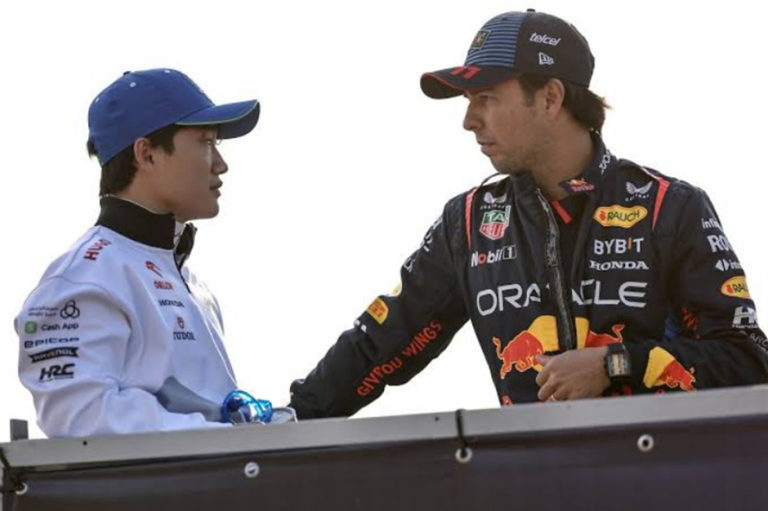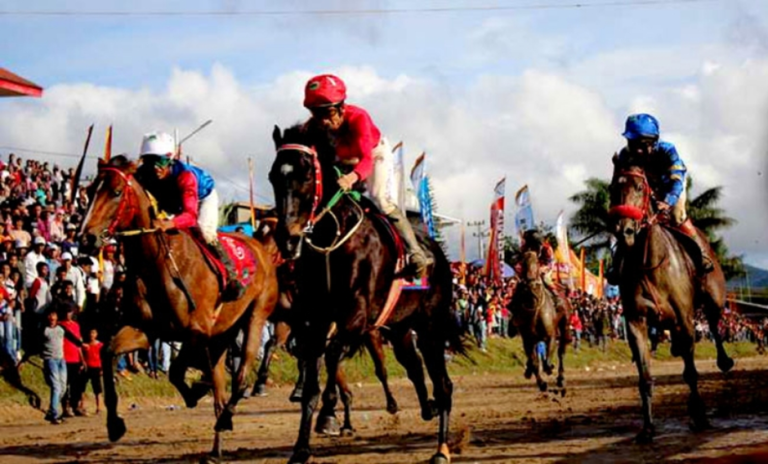Playing in the World Cup is the dream of every soccer player, even though they have to compete with other names who have been passing by playing for the national team. There are also many players who have great skills but were not called up in the national team squad that competed in the World Cup, because they could not compete with other players, especially for countries that have evenly distributed skills, such as Brazil, Argentina, Germany and Spain.
Some players even have to be willing to change citizenship to be able to play in the World Cup, such as Mauro Camoranesi who moved an Argentine to Italy, then Alessandro Santos from a Brazilian to Japan, and Kevin Prince Boateng chose the father’s citizenship, namely Ghana, rather than the nationality of the father the mother is Germany, even though she played in Germany at the Group level.
There are also some players who get “good luck” to play in the World Cup for different countries, such as Argentine duo Luis Monti and Atilio Demaria who played in the 1930 World Cup for Argentina, and the 1934 World Cup with Italy.
Then there was Ferenc Puskas who played for Hungary at the 1954 World Cup, and with Spain at the 1962 World Cup. There was also Savo Milosevic who played for Yugoslavia at the 1998 World Cup, and with Serbia & Montenegro at the 2006 Cup, and his compatriot Dejan Stankovic who even played for 3 countries in 3 different World Cups, namely Yugoslavia (1998), Serbia & Montenegro (2006), and Serbia (2010).
Players can play together with more than one country in different World Cup editions due to many things, such as FIFA regulations which are still “soft” in earlier times, and because of the political conditions of a country.
In this article I will discuss the players who played in the World Cup who not only played for more than one country, but were also able to score goals in different World Cups with different countries. Ferenc Puskas was able to score in the 1954 World Cup with Hungary, but failed to score when playing in 1962 with Spain, so did Luis Monti scored with Argentina in the 1930 World Cup, but failed to score with Italy in the same trunamen 4 years later, even though Italy won the title.
Just for the record, Italy did the Argentinean “Bedhol Village” program at the time, at least 2 other Argentine players were recruited, namely Enrique Guaita, and Raimundo Orsi, which was one of the ambitious projects of the then Italian leader, Benito Mussolini.
As for Dejan Stankovic, despite breaking the record with the most countries, but did not score a single goal in the World Cup with the three countries he strengthened. As for the players who managed to score goals for different countries in the World Cup are the following 2 players:
Juergen Klinsmann
The player who was born July 30, 1964, nicknamed Klinsi is also known as “Reliable Divers” on the gridiron, he often dives in the penalty box, so that his team can get a penalty kick. Klinsmann has played for major European teams such as Inter Milan, Sampdoria, AS Monaco, Tottenham Hotspur and Bundesliga giants Bayern Munich.
In total he has 108 caps and scored 47 goals for the German national team, while the goals he scored in the World Cup were 11 goals, with details of 3 goals in the 1990 Italy World Cup with West Germany and later won the World Cup, and scored 8 a goal for Germany with details of 5 goals in the 1994 United States World Cup, and 3 goals in the 1998 France World Cup.
The reason Klinsmann strengthened 2 different national teams was because of the union of West Germany and East Germany in 1990, a few months after West Germany won the World Cup title. The title Klinsmann gave for the national team besides the 1990 Italy World Cup with West Germany was the 1996 European Cup England with Germany.
Robert Prosinecki
Robert Prosinecki is a player born in Schwenningen, Germany on January 12, 1969. played for 2 different national teams, namely Yugoslavia at the 1990 Italy World Cup, and with Croatia at the 1998 France World Cup, and Korea-Japan 2002.
The reason Prosinecki strengthened 2 different national teams was also due to political conditions. Contrary to Klinsmann, which occurred due to the union of two countries, Porsinecki was precisely because of the “divorce” between Croatia and Yugoslavia.
The goals scored by Prosinecki were 1 goal in the 1990 World Cup against the United Arab Emirates when they won 4-1 with Yugoslavia, and 1 goal when they beat Jamaica 3-1 in the 1998 World Cup with Croatia.
Just a note, Croatia achieved a high achievement at the 1998 World Cup, being able to reach third place even though it was only the first to appear at the World Cup, after defeating.
ASL
















